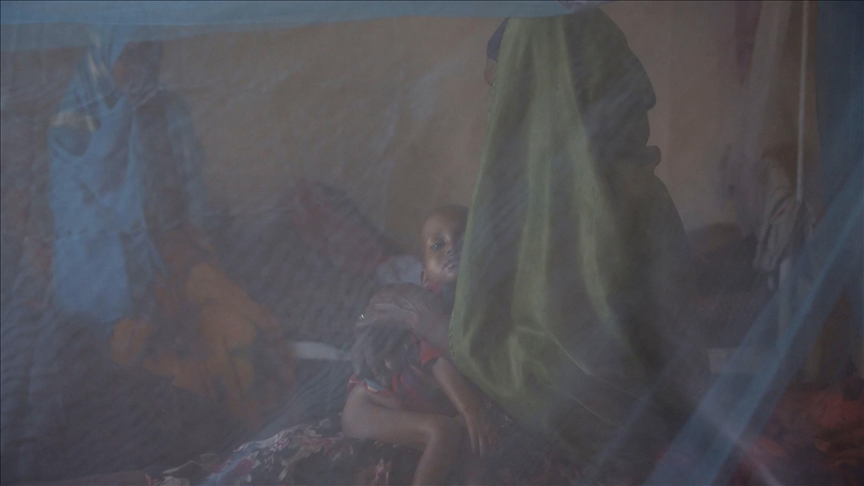MOGADISHU, Somalia
The World Health Organization (WHO) Sunday said that this January to June, Somalia saw 8,041 cases of suspected cholera and 37 associated deaths due to water-prone cholera.
Many of these cases are laboratory confirmed, amid Somalia’s worst drought in more than 40 years.
The WHO said around 54% of the people infected this year by the disease were children under 2, while 49% were female and 28% were reportedly severely dehydrated.
Cholera outbreaks occur when a large number of people have limited access to safe water and proper sanitation.
“With only 52% of Somalia’s population having access to improved drinking-water or safely managed drinking-water services, and the current drought making water even more scarce, communities struggle to keep waterborne diseases at bay,” the WHO said in a report on Sunday.
Somalia first began to administer oral cholera vaccines in 2017, when the country reported 78,865 cases and 1,160 deaths due to cholera.
Since then, the WHO said the country has conducted a series of cholera vaccination campaigns in addition to other measures.
This June Somalia’s government and the WHO deployed 4,984 skilled health workers and vaccinated 897,086 people age 1 and over out of a target of 934,511.
The UN said drought in Somalia has forced close to 1 million people to leave their homes in search of water, food, and survival.
The drought in Somalia has affected 7.7 million people and 90% of the country.
The Somali government last week announced that the drought also affected 15 million livestock and killed over 2 million others.

